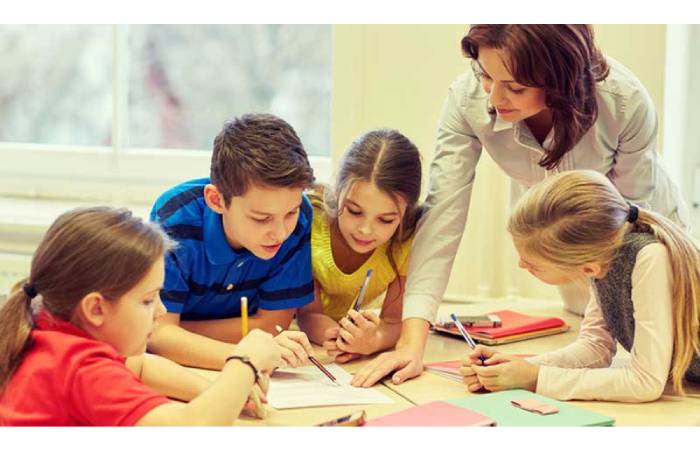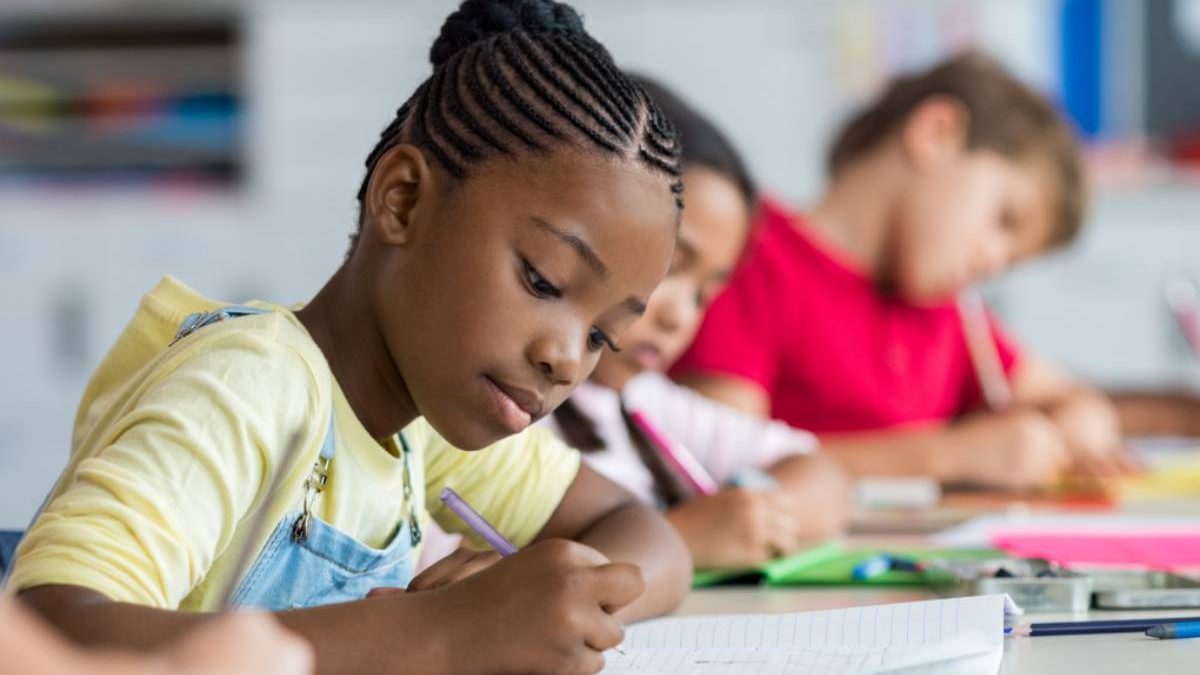- Become a teacher and foster meaningful discussions to help children develop critical thinking skills.
- Encourage curiosity, challenge assumptions, and provide hypothetical situations to stimulate analytical thinking.
- Introduce teamwork and collaboration to help students build social skills and learn the value of diverse perspectives.
- Allow children to explore their ideas creatively while encouraging them to question assumptions and think outside the box.
- Help children foster the skills necessary for critical thinking, making informed decisions, and problem-solving.
Critical thinking is an essential skill that every person, regardless of age, should have. It is a mental ability that helps individuals analyze information, question assumptions, and connect ideas.
However, fostering critical thinking skills in children needs to start early, preferably at primary school. The primary school years are the perfect time to start developing these skills and help children unlock their potential. This blog will discuss how you can inspire critical thinking in primary school students.

Table of Contents
Become a Teacher
To help children develop their critical thinking skills, providing them with an environment that facilitates learning is essential. As a teacher, you need to be able to challenge students and present complex problems in a way they can understand. To help you prepare for the profession, you should look for an educational institution offering a dependable bachelor’s degree in elementary education. The degree can equip you with the knowledge and skills to help students develop their critical thinking abilities.
Meaningful Discussions
You should also foster meaningful discussions by providing opportunities for dialogue and encouraging children to express their thoughts and opinions. This way, children can learn to think creatively and problem-solve.
Encourage Curiosity
Encouraging kids to ask questions and explore their ideas helps them become more curious, which is the foundation of critical thinking. Teachers can offer exploratory activities that encourage children to think creatively. For instance, they can provide exercises requiring students to find solutions to a problem, such as how to build a tower made of straws and paper clips.
Challenge
They can present children with challenges, like making a balloon last the longest in water or developing an artistic project using recyclable materials. Allowing children to experiment and explore in their way can help them develop problem-solving skills and foster creative thinking.
Challenge Assumptions
Many children tend to take everything at face value. However, an essential part of critical thinking is questioning assumptions. Teachers can teach children to challenge their assumptions by encouraging them to think outside their usual patterns. Using lessons that have a variety of viewpoints can help students understand the different perspectives that exist.
Hypothetical Situations
Additionally, teachers can pose hypothetical situations to their students and ask them questions that challenge the assumptions they’ve made. Asking open-ended questions also helps children develop their ideas while encouraging them to think critically. This type of questioning can help children understand why certain ideas exist and how to make informed decisions based on what they learn. By teaching children to question assumptions, teachers can help them develop critical thinking skills and become better problem solvers.
Develop Analytical Thinking
Analytical thinking is the ability of students to break down complex information into smaller parts and understand how they are related. Teachers can encourage children to develop these skills by using exercises requiring them to compare and contrast ideas.
Analyze Data
Teachers can encourage students to detect trends, patterns, and inconsistencies when analyzing data or different perspectives on an issue. Exercises that involve problem-solving, creative solutions, and evaluating arguments can strengthen analytical thinking skills.
Outside the Box
Encouraging students to think outside the box helps them learn how to logically assemble pieces. Teachers can also provide students with a variety of resources or activities so that they can practice formulating their interpretations.

Collaboration and Teamwork
Teamwork helps students learn how to work and cooperate with others. It inspires them to learn from their peers, respect differences and helps them develop empathy and problem-solving skills. Collaborative teamwork can include group projects and discussions involving multiple perspectives on a particular issue.
Social Skills
Working with other students helps them build social skills and understand the value of diverse thinking. Additionally, collaborative teams can foster the development of leadership skills, such as consensus building and communication. As students learn to work together, they develop trust, respect each other’s strengths and weaknesses, and learn how to manage conflict constructively.
Collaboration
In the classroom setting, teachers and educators can create opportunities for collaboration by assigning group projects or engaging in group discussions. Students can learn through peer-to-peer conversations, problem-solving activities, and creative tasks. Collaboration encourages students to be creative and think outside the box while developing their skills.
Critical thinking is the foundation for success in life, including business, relationships, and decision-making. Nurturing this skill in children at a young age is essential as it benefits them in the future. As parents and teachers, it is crucial to encourage children’s curiosity, challenge their assumptions, and allow them to work in a collaborative environment. Each step provides the foundation for learning the skills necessary for critical thinking. Children can become effective thinkers and decision-makers by helping them develop their analytical thinking and urging them toward self-reflection.

